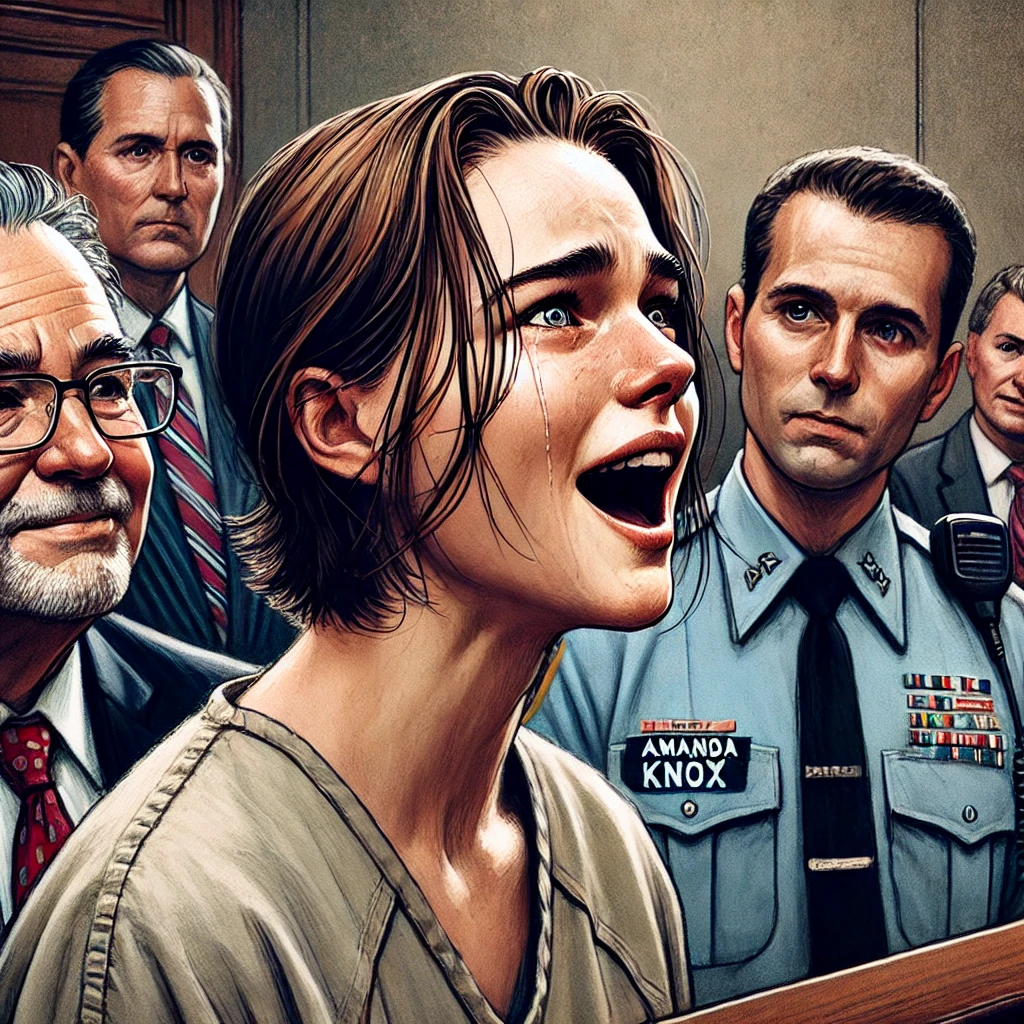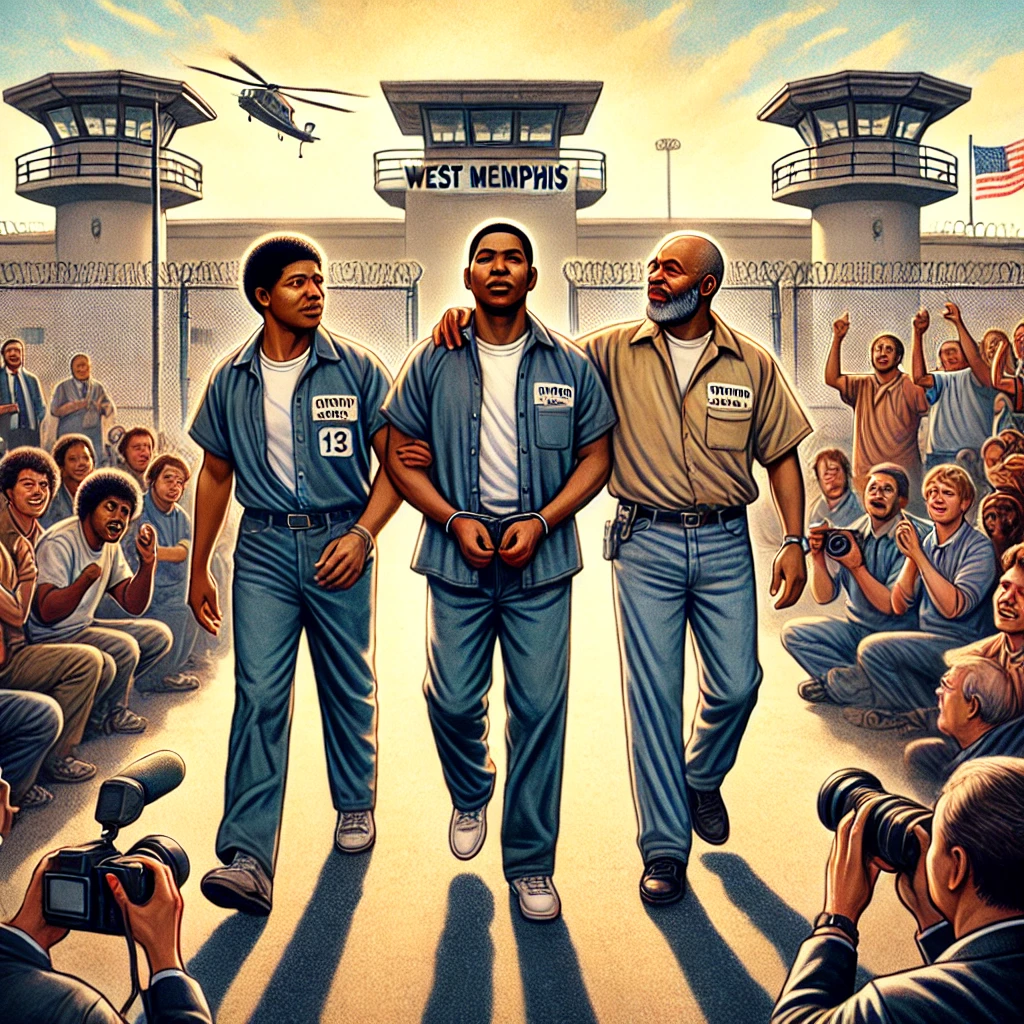The Legacy of Innovation: The Death of Steve Jobs

On October 5, 2011, the world mourned the passing of Steve Jobs, the co-founder of Apple Inc. and a visionary leader whose innovations revolutionized technology and transformed the way we communicate, create, and consume media. Jobs, who succumbed to complications from pancreatic cancer at the age of 56, left behind a legacy marked by creativity, […]
Justice Prevails: The Exoneration of a Wrongfully Convicted Man

On October 4, 2011, a significant milestone in the pursuit of justice was achieved when a man wrongfully convicted of murder was exonerated after serving 25 years in prison. This landmark case highlighted the critical role of DNA evidence in the American legal system and underscored the ongoing issues of wrongful convictions, ultimately raising awareness […]
A Tale of Controversy: Amanda Knox’s Murder Conviction Overturned

On October 3, 2011, the Italian Supreme Court overturned the murder conviction of Amanda Knox, an American student who had been embroiled in a highly publicized and contentious legal battle following the death of her roommate, Meredith Kercher, in 2007. Knox’s case, marked by intense media scrutiny, allegations of wrongful prosecution, and complex legal proceedings, […]
Mariano Rivera: The Pinnacle of Relief Pitching

On September 19, 2011, Panamanian baseball pitcher Mariano Rivera achieved a historic milestone by registering his 602nd career save. This remarkable achievement underscored a career that would eventually redefine the role of the relief pitcher in Major League Baseball (MLB). Rivera’s career, characterized by unparalleled consistency and dominance, solidified his status as one of the […]
The Birth and Impact of Occupy Wall Street

On September 17, 2011, the first Occupy Wall Street (OWS) protest took place in Manhattan, marking the beginning of a movement that would capture global attention. The demonstration, which began with about 1,000 participants marching through the streets of New York City, was a response to growing concerns about corporate greed, income inequality, and the […]
“West Memphis Three” Released from Prison After 18 Years

On August 19, 2011, the “West Memphis Three” were released from prison after serving 18 years for a crime they maintained they did not commit. The case involved three teenage boys—Damien Echols, Jason Baldwin, and Jessie Misskelley Jr.—who were convicted in 1994 of the murders of three eight-year-old boys in West Memphis, Arkansas. The case […]
Osama bin Laden is Killed
On May 2, 2011, Osama bin Laden, the mastermind behind the September 11 attacks and other terrorist activities, was killed by U.S. Navy SEALs in Pakistan. This operation, nearly a decade in the making, marked a significant moment in U.S. and world history, symbolizing a measure of justice for the victims of terrorism. Bin Laden’s […]
Prince William and Kate Middleton’s Royal Wedding
The world watched with bated breath as Prince William and Kate Middleton exchanged vows on April 29, 2011, in a ceremony that blended centuries-old royal tradition with the allure of a modern love story. The union of William, the elder son of Prince Charles and the late Princess Diana, with Kate, a commoner with grace […]
Elizabeth Taylor Dies at 79
Renowned actress Elizabeth Taylor, known for her beauty, talent, and philanthropy, passes away at the age of 79, leaving behind a legacy of cinematic brilliance and humanitarian activism, her contributions to film and her advocacy work for HIV/AIDS awareness continue to inspire and impact audiences around the world, cementing her status as a beloved cultural […]
Yale Research Assistant Raymond Clark Pleads Guilty to Murder
In 2011, Raymond Clark III pleaded guilty to the slaying of Yale graduate student Annie Le. Le’s disappearance and subsequent murder shocked the Yale University community and garnered widespread media attention. Clark’s guilty plea brought some closure to the case, although it left lingering questions about the motive behind Le’s tragic death.
